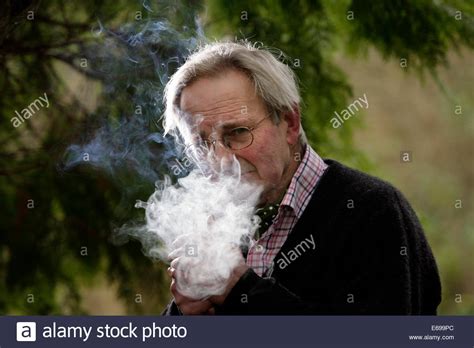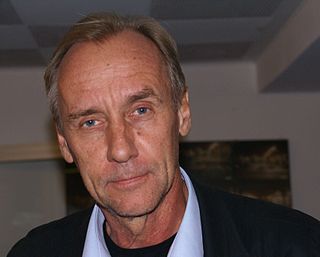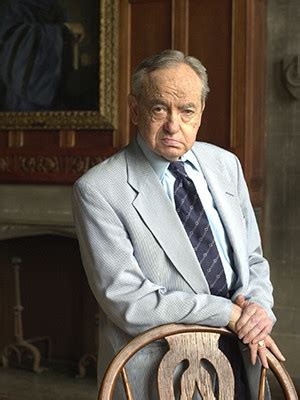Цитата Вэла Макдермида
Я думаю, что криминал — хороший способ взглянуть на общество в целом, потому что природа криминального романа означает, что вы опираетесь на широкий круг социальных возможностей.
Связанные цитаты
Лучшие криминальные истории всегда рассказывают о самом преступлении и его последствиях — вы знаете, «Преступление и наказание» — это классика. Где у вас есть преступление и его последствия, это история, но рассмотрение преступления и последствий заставляет вас думать об обществе, в котором происходит преступление, если вы понимаете, что я имею в виду.
Сегодня у криминального романиста есть одно преимущество, которого лишены авторы «прямых» или «литературных» романов. В отличие от них он может охватывать все слои общества, потому что преступность легко преодолевает барьеры, существующие в нашем стратифицированном обществе. Из-за этих барьеров современный литературный роман, в отличие от своих предшественников XIX века, часто ограничивается горизонталью, имея дело только с одним классом. Но преступность пронизывает общество сверху донизу, и поэтому автор криминальных романов может представить более полную картину того, как мы живем сейчас.
Я поздно расцветал. Мне было 38, когда вышла моя первая книга, и 43, когда вышел мой первый криминальный роман. У меня была история, которую можно было рассказать только как криминальную историю. Я думаю, что жанр хорош; он имеет дело с фундаментальными вопросами жизни и смерти. Проблема в том, что слишком много плохих криминальных историй.
Частное присвоение земной поверхности, природных ресурсов и средств к существованию является не чем иным, как преступлением против человечности, но сравнительно немногие из тех, кто получает выгоду от этого несправедливого социального устройства, далеки от того, чтобы рассматриваться как преступники, заслуживающие наказания, а возвышенные правители общества и люди, которых они эксплуатируют, с радостью отдают им дань уважения и почтения.
Я думаю, что многие преступления вызваны отчаянием, и это не означает, что люди совершают преступления, потому что они бедны, но, безусловно, многие люди, которые бедны, совершают преступления, и они не могли бы, если бы они не были бедны. Вы понимаете, в чем разница? Это не новость, но это всплывает, когда я слышу, как люди говорят, что бедность не влияет на преступность — что преступность в Америке все еще снижается, несмотря на то, что экономика плохая.
Я не думаю, что происходит что-то хорошее. Я думаю, мы расплачиваемся за это. Я думаю, что в то время как преступность в целом снижается, преступность среди молодежи растет. Я думаю, что проблемы с психическим здоровьем молодежи растут. Вы не можете показать причинно-следственную связь. Это тяжелое растяжение.
Наказание человека за то, что он совершил преступление, или за то, что он, хотя и несправедливо, подозревается в совершении преступления, не является преследованием. Наказание человека за то, что мы делаем вывод из характера какого-либо учения, которого он придерживается, или из поведения других лиц, придерживающихся того же учения, что он совершит преступление, является преследованием и в любом случае является глупый и злой.
Я считаю себя социологом. Чтобы попасть на работу и получить повышение, мы вынуждены декларировать дисциплинарную и поддисциплинарную специальность, поэтому я психолог и социальный психолог в рамках этого. Но я думаю, что интереснее всего думать о социальных науках в целом и о природе общества. Об этом труднее всего думать, потому что наш мозг не предназначен для того, чтобы думать об этих возникающих сущностях. Мы не умеем это делать.
Мне кажется, что одна из вещей, которые произошли со многими литературными произведениями в 1980-х и 1990-х годах, заключалась в том, что они стали больше интересоваться академией и меньше тем, как люди живут своей жизнью. Мы подошли к моменту, когда криминальный роман вступил в брешь. Это было также время, когда криминальный роман перестал быть таким столичным.





































